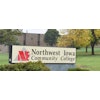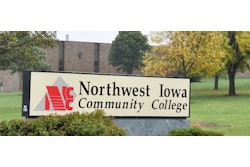The six women’s colleges in Massachusetts continue to innovate academically and financially to appeal to college-bound women.
Historically, Massachusetts has been home to some of the most vibrant, viable and prestigious educational institutions for women in the country. That number has decreased over time as schools such as Lesley University, Regis College and Wheaton College, among others, have gone coed. In 1999, Radcliffe College officially merged with Harvard University.
Susan Lennon, president of the Women’s College Coalition, says too often the conversations focus on the number of women’s colleges today versus 40 years ago rather than on the education and advancement of women and girls.
“We have to make the education and advancement of women and girls matter in this society,” says Lennon. “For me, in terms of women’s colleges today, it really is about the contemporary interpretation of founding mission.”
Currently there are more than 50 women’s colleges in the United States and six of them are located in Massachusetts: Bay Path, Pine Manor, Mount Holyoke, Simmons, Smith and Wellesley. Only Pennsylvania tops that number with seven, according to the Women’s College Coalition Web site.
In addition to their founding missions to educate women, these colleges share many characteristics. They often have a liberal arts focus, small class sizes, diverse student bodies and loyal alumnae. The “Comparative Alumnae Research Study” shows that women’s college alumnae are more likely than public university flagship alumnae to graduate in four years or less; more likely to earn a graduate degree; and less likely to transfer to another college or university. And then there are those things that aren’t as quantifiable.














